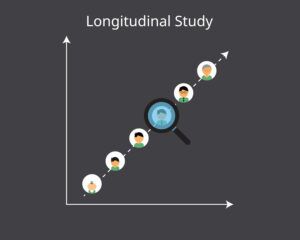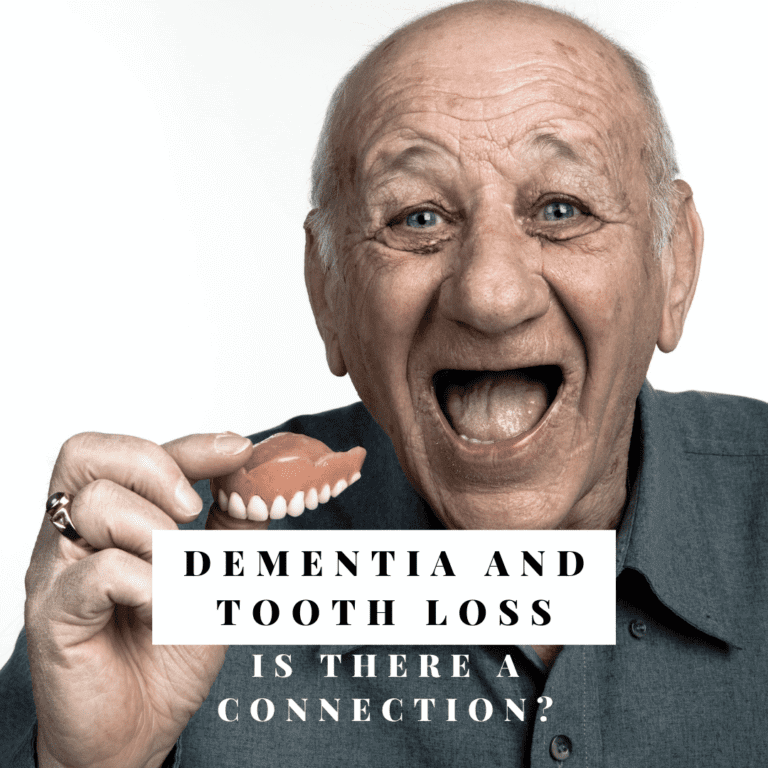
Did you know that replacing your missing teeth can decrease the risk of dementia? A new study has found that there is a link between missing teeth and developing dementia. The more teeth you have, the less likely it is for you to develop the degenerative disease. If you are already suffering from dementia or Alzheimer’s Disease, replacing your missing teeth with dental implants may help slow down its progression.
The most common cause of tooth loss in adults is periodontitis, also known as chronic gum disease. The supportive structures surrounding the tooth are destroyed by periodontitis, causing the teeth to become loose, fall out, or require extraction as a result. According to the Centers for Disease Control and Prevention, as many as one in six Americans above the age of 65 suffers from tooth loss and are completely toothless (CDC). These statistics illustrate how prevalent tooth loss is in older people.
According to the Centers for Disease Control and Prevention (CDC), over 5 million people over the age of 65 are affected by dementia. While many individuals believe dementia is a disease, it is actually a set of symptoms linked with brain deterioration, such as problems with thinking, memory, and decision-making. Dementia comes in many forms, however the most well-known is Alzheimer’s disease. No one knows for sure why some people develop dementia and others don’t, however certain risk factors have been identified. These include: age, genetics, race/ethnicity, past or present head injuries, smoking, and health conditions such as high blood pressure and high cholesterol.

In addition to these various risk factors, a recent study published in the Journal of Post-Acute and Long-term Care Medicine by researchers at New York University Rory Meyers College of Nursing has also suggested that tooth loss can be another risk factor for dementia. To come to this conclusion, researchers looked over 14 longitudinal studies that covered information on 37,074 adults and 4,689 cases of adults with diminished cognitive function. What they found was that:
- Adults with more tooth loss had a 1.48 times higher risk of developing cognitive impairment
- Adults with more tooth loss had a 1.28 times higher risk of being diagnosed with dementia, despite controlling for other factors
- Adults with missing teeth were more likely to be affected by cognitive decline if they did not have dentures (23.8% of individuals without dentures were more likely to have cognitive impairment, compared to only 16.9% of individuals with dentures.
- A larger amount of missing teeth was associated with a higher risk for cognitive decline (each additional missing tooth increased the risk of cognitive impairment by 1.4% and the risk of being diagnosed with dementia by 1.1%)

Despite the fact that this research suggests a link between tooth loss and dementia, researchers were unable to identify a specific cause for why tooth loss causes dementia. It was theorized that tooth loss causes impairments in the chewing mechanism, which can lead to malnutrition. Another idea was that there is a link between gum disease and cognitive decline, and that tooth loss was caused by gum disease. Finally, they also stated that long-term socioeconomic difficulties might raise risk factors for both tooth loss and cognitive deterioration.
There are alternative dental prosthetic solutions for individuals who have lost teeth. Dentures are one of the most often used prosthetic alternatives, and they were addressed in the article. Dental implants are another popular prosthetic option that was not covered in the article, but are still a good choice for replacing missing teeth. In fact, many dentists would argue that dental implants are a better option for replacing missing teeth than dentures. This is because dental implants are implanted into the jawbone, meaning that they preserve the bone, offer a permanent solution to tooth loss, and restore complete chewing function.
Missing teeth can lead to memory problems and dementia. To avoid these symptoms, consider getting dental implants to replace lost teeth. Even better, practice excellent oral hygiene on a daily basis to lower your chance of losing your teeth.




